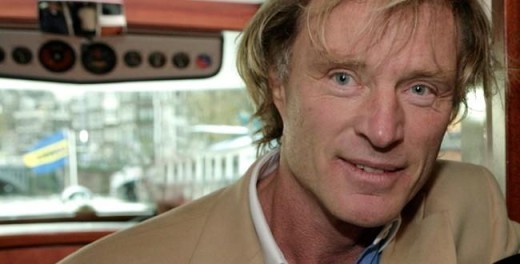
No, or slow growth of the economy and high unemployment malaise continue to contribute to excessive inequalities and world-record crime figures on Caribbean islands. It is a structural economic problem that politicians are unable, or unwilling, to change. An uncertain outlook for the Caribbean continues.
The Caribbean, once the center for trans-Atlantic commerce and trade, was cut out of the loop over the last twenty years with direct-shipping lanes with huge container carriers. The second industry, oil storage and refinery, declined with the implosion of the oil markets and Venezuela’s Pdvsa’s dominance in the region. What remained was a quickly rigged up tourist industry, with poor service, poor security and no more than a me-too beach, sun-sea-sex attraction.
Service, by many regarded as servitude, could not be successfully adopted by a reluctant work-force. Strong underlying and deeply embedded emotions of anger and rage over perceived injustices during the colonial period and the historical slavery history, maimed a whole-hearted commitment of the population to the hospitality industry.
Intellectualism, labeled by nationalists as “colonial collaboration and treason”, built high barricades of anti-intellectualism, that could only be overcome by competing individuals with a brain drain through mass migration.
What remained is little more than pirate treasure islands, living on the loot of mass market low-end tourism, offshore financial services, and narco-trafficking.
The consequent shadow economy rapidly gained power and installed its proxies in just about every branch of government to protect its rapidly growing interests; they are often resorting to fear, violence, intimidation and corruption.
Islanders, sometimes sounding some weak formal protests, are like meek sheep, being led to the slaughter bank. The dramatic displays of disasters, like the 40-year civil war in Colombia, the collapse of the Venezuelan Bolivarian revolution, and the abject poverty in Cuba and Haiti are not enough to convince the masses. The masses are set in their ways, and structural economic and social change is not in the offing. A small exclusive, closed elite continues to benefit disproportionately whereas the masses continue to dwell in sheer poverty.
While the humanitarian disaster in Venezuela is playing out on the world stage for all to witness, Caribbeans prefer to focus on carnival celebrations. Not one single political leader has taken the initiative to convene a summit meeting to discuss the urgent crisis or the structural economic problems of the region. Yes, turning a blind eye to crime, poverty, and economic uncertainty in the Caribbean has the preference.
By Jacob Gelt Dekker
Opinion columnist for Curaçao Chronicle.
Bron: CuracaoChronicle

